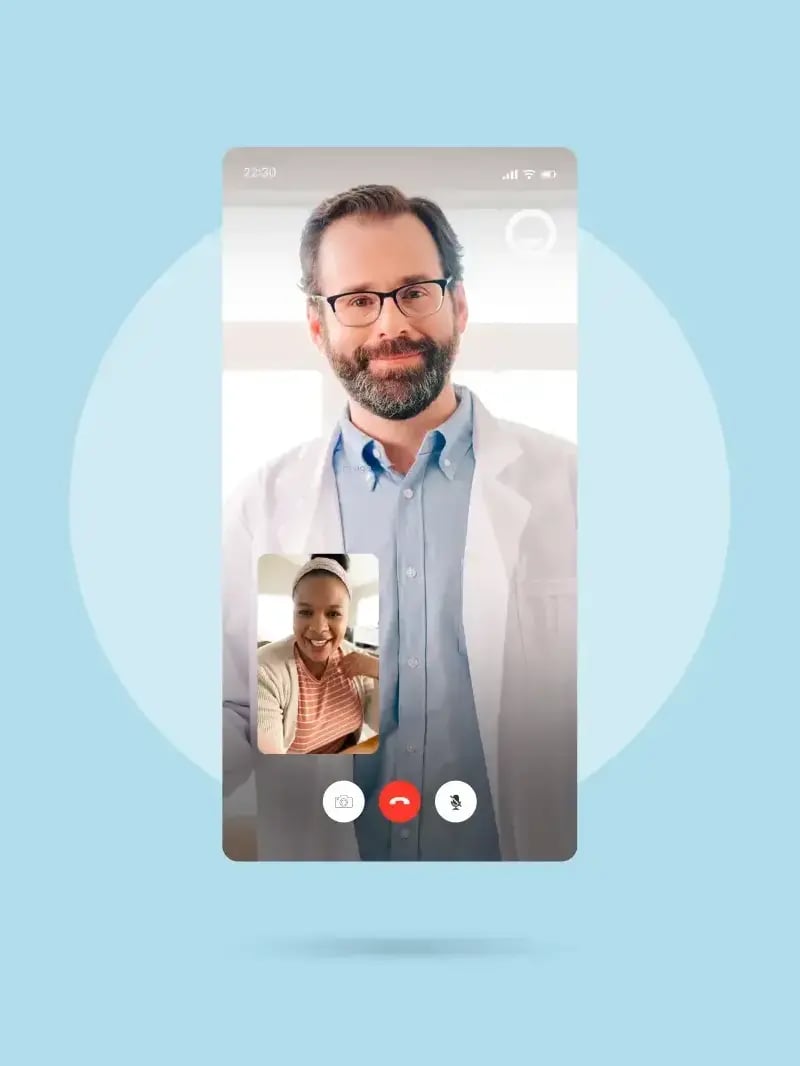Our primary care physicians can refill some of these medications, when medically appropriate, as emergency short-term prescriptions or bridge for patients that are stable with their current regimen and until the patient is able to see their specialist.
Telehealth serves as a valuable tool to maintain care under your primary care physician or specialist’s guidance. However, our physicians typically do not offer certain services:
- HIV Infection/AIDS Management: Our primary care physicians usually don't manage chronic HIV infection/AIDS cases. We recommend that patients with these conditions consult with an infectious disease specialist for thorough treatment. We can provide emergency short term prescriptions or bridge for patients that are stable with their current regimen until they are able to see a specialist.
- PrEP Apretude Prescriptions: Our doctors are not able to prescribe Apretude (cabotegravir extended-release injectable suspension) for HIV pre-exposure prophylaxis (PrEP), as this drug must be administered by a healthcare provider.
It is essential to recognize that while our primary care doctors address many health issues through telehealth, some conditions and procedures require in-person medical care. We are committed to directing patients to the suitable care level they need for their health concerns, and always prioritize patient safety and well-being.






